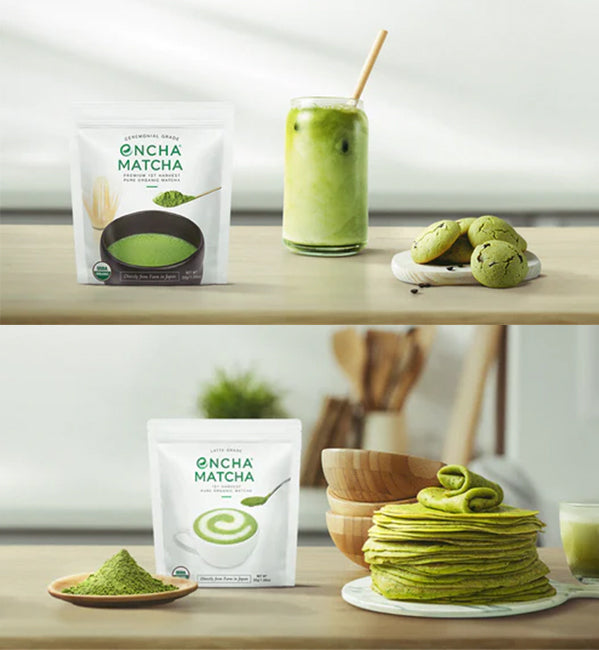Myth: Matcha is Caffeine-Free
Contrary to certain beliefs, matcha does contain caffeine. Matcha, a type of green tea, naturally contains caffeine. The levels of caffeine in matcha can vary depending on the process and quality of the tea leaves. High-quality ceremonial grade matcha typically contains an average of 30 mg of caffeine per gram. This makes it a potent source of natural energy and focus..
While matcha’s caffeine content is less than coffee, it’s still present and can be a factor for those sensitive to caffeine. So, next time you enjoy your matcha, remember that while it might induce a calmer alertness than coffee, it still contains a potent caffeine kick.
Myth: Matcha Causes Jitters and Anxiety
Another misconception that needs correction is the belief that matcha induces jitters and anxiety. In truth, matcha has been used for over 800 years in Japanese Zen monastic tradition to aid in concentration while maintaining relaxation.
Unlike coffee that can cause adrenaline and insulin spikes resulting in jitteriness, matcha is known for inducing a state of calm alertness. This is due to the unique combination of caffeine and L-theanine, which together provide a serene focus without the jitters or crashes often associated with coffee.
Summary
In this comprehensive exploration, we’ve embarked on a journey through the vibrant world of matcha, unveiling its caffeine content, understanding its effects, debunking common myths, and exploring its numerous health benefits. Whether you’re a longtime fan or a curious newcomer, the world of matcha offers a unique tapestry of flavors, health benefits, and a gentle caffeine boost that can enhance your day. So why not brew a cup of matcha and savor the richness of this ancient beverage?
FAQ's
Is the caffeine in matcha different from the caffeine in coffee or other teas?
Yes, the caffeine in matcha is unique. While it's the same compound as in coffee and other teas, matcha caffeine interacts differently with other compounds in the tea, such as L-theanine. This interaction results in a slower release of caffeine, providing a more sustained and mellow energy boost compared to the rapid spike and crash often associated with coffee.
Can I drink matcha if I'm sensitive to caffeine?
Matcha contains caffeine, albeit at lower levels than coffee. If you're caffeine-sensitive, you may still enjoy matcha by choosing ceremonial grade, which typically has less caffeine than culinary grade. Additionally, you can adjust your serving size or opt for decaffeinated matcha options available in the market to minimize caffeine intake while savoring the flavor and health benefits of matcha.





